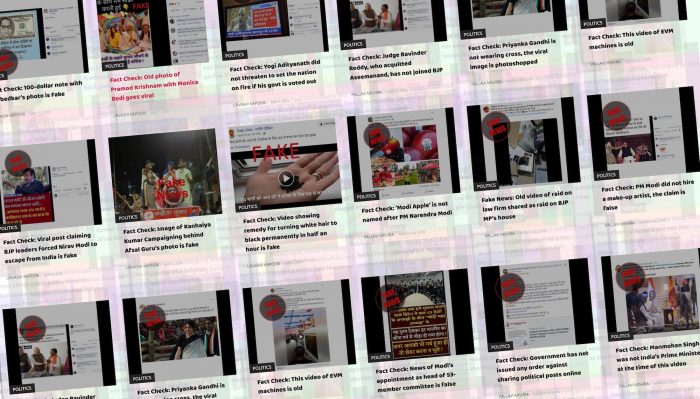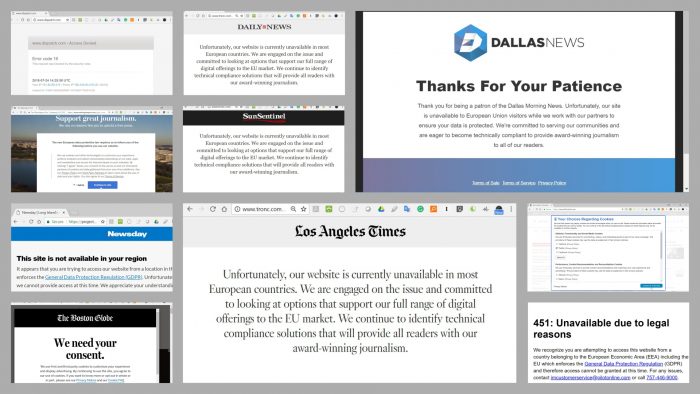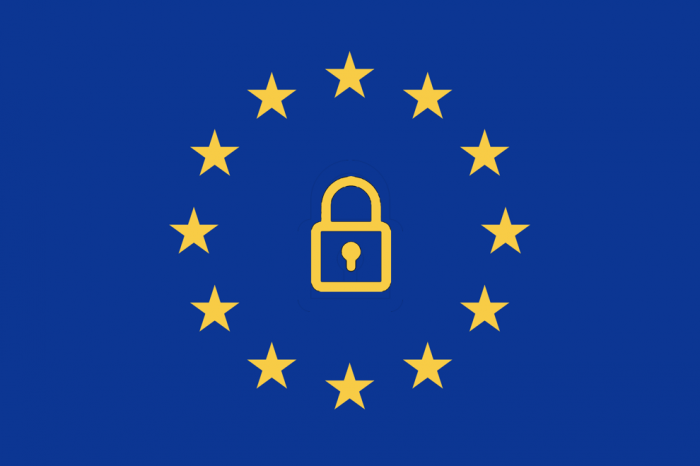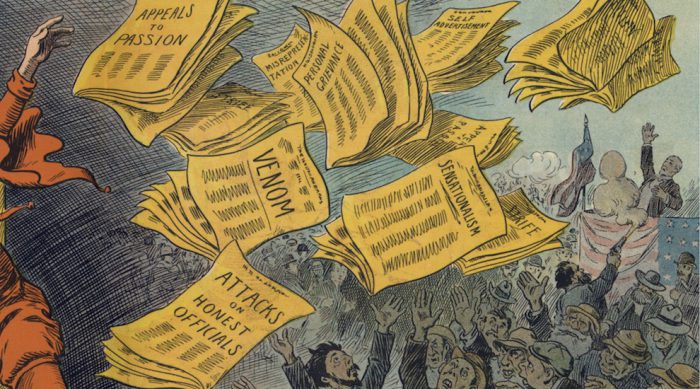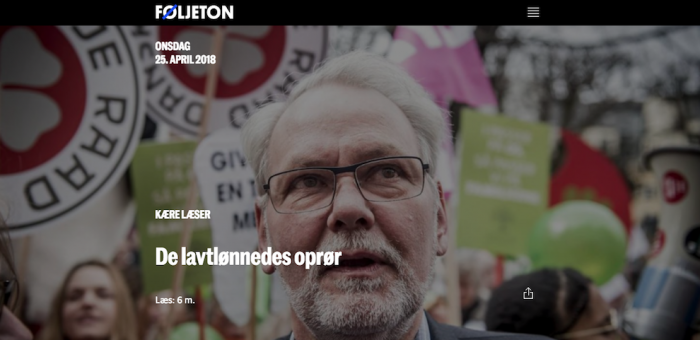Shan Wang and Christine SchmidtMay 25, 2018
We’re seeing what publishers have decided to implement on their websites as of May 25 — whether they’ve decided to block European Union and European Economic Area-based traffic outright, set up buckets of consent for readers to click through, or done something simpler (or nothing new at all).

